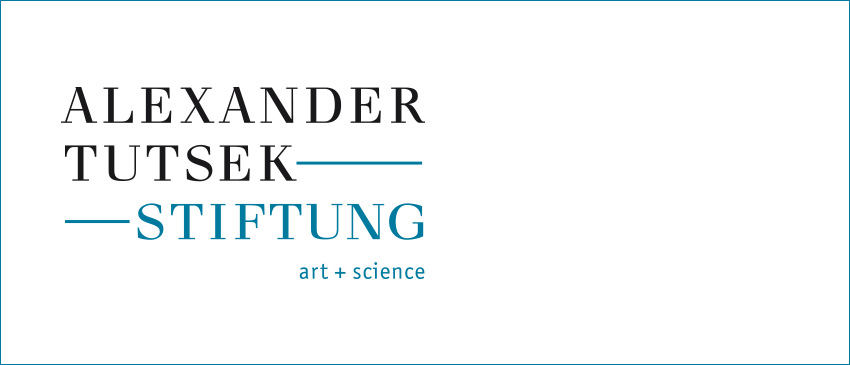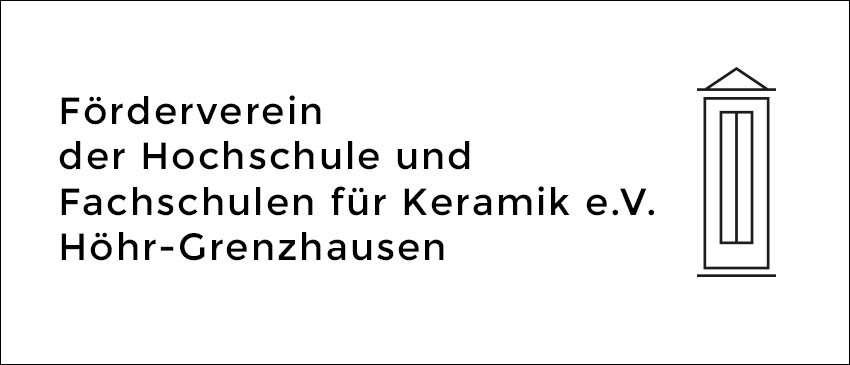Alexander Tutsek-Foundation, Munich, Art and Science
The Alexander Tutsek-Foundation sponsors Art and Science. It was established in December 2000 by Alexander Tutsek and Dr. Eva-Maria Fahrner-Tutsek as a non-profit foundation in Munich. With its comprehensive programme “Art and Science”, the foundation is deliberately committed to the special, the neglected and the overlooked.
In their funding priority ‘science’, it is one important concern of the Alexander Tutsek-Foundation to support research and teaching in engineering. Here, the focus is set on fundamental and applied research in the areas of glass, ceramics, stones, and earth. These fields provide important foundations for other areas of engineering. Nonetheless, their support is increasingly neglected in favour of more modern and trendier fields. In order to prevent their marginalisation at technical universities and colleges and to make these branches attractive to students the foundation financially supports universities, individual research projects, and up-and-coming talent.
In this context, the Alexander Tutsek-Foundation has initiated a comprehensive, long-term support of the State Vocational College of Ceramics. The financial support of the foundation focuses on the acquisition of high-quality equipment, which would not be possible for the school without this support. Additionally, two cash prizes are awarded by the Alexander Tutsek-Foundation for exceptional achievements.
News
Alexander Tutsek-Stiftung übergab Stipendien und Preisgelder an keramische Bildungseinrichtungen
>> weiterlesen
Friends’ Association of the University of Applied Sciences and of the Technical College of Ceramics in Höhr-Grenzhausen
The Friends’ Assocciation of the two ceramic-orientated study courses at the University of Applied Sciences and the Technical College is one of the oldest graduates’ associations in Germany. Founded in the 1950s, it now has numerous members from the circle of graduates of both schools as well as company members from all ceramic areas. With an annual fee of € 23.- only, it is also one of the most reasonably priced associations of its kind.
The association supports both educational institutions and their students. The support is complex and comprises subsidies for excursions and field trips, financial investment aid for both institutions and also minor financial support for students with low incomes. The diverse course offers for the ceramic industry also provide additional income for the association, so that its annual budget can reach quite respectable amounts.
Every year, there are social events for the members of both educational institutions to catch up and reminisce. Thus, graduates keep a close relationship with their former training schools and can take part in their further development.

